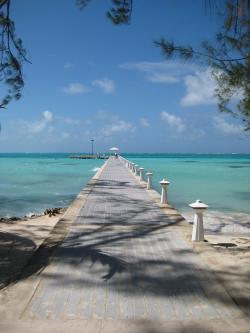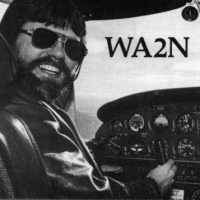The KiwiSDR 2 online store is open for orders! Please visit kiwisdr.nz
Please visit kiwisdr.com (documentation) and kiwisdr.nz (online store)
jks
About
- Username
- jks
- Joined
- Visits
- 30,988
- Last Active
- Roles
- Member, Administrator, Moderator
- Points
- 279
Reactions
-
Nice email from a listener
I received this email just now:Good afternoon. I was hoping you could relay a group message to all those currently providing remote access on SDR.huI would like to extend my deep appreciation to all the remote providers. The service you provide has given me countless hours of enjoyment. Unfortunately, I am not in a position to purchase my own equipment. Possibly, one day in the future.The remote providers continue the amateur radio enthusiasts exemplary commitment to public service.Thanks again for providing this wonderful service. The time, not to mention expense, required to provide this service, has not gone unnoticed.rickfHilliard, OH, USA -
DDNS from KiwiSDR
-
New beta test KiwiSDR: try new features before release
-
Firmware won't update past 1.67 [corrupted Beagle/Debian filesystem]
-
dx.json






